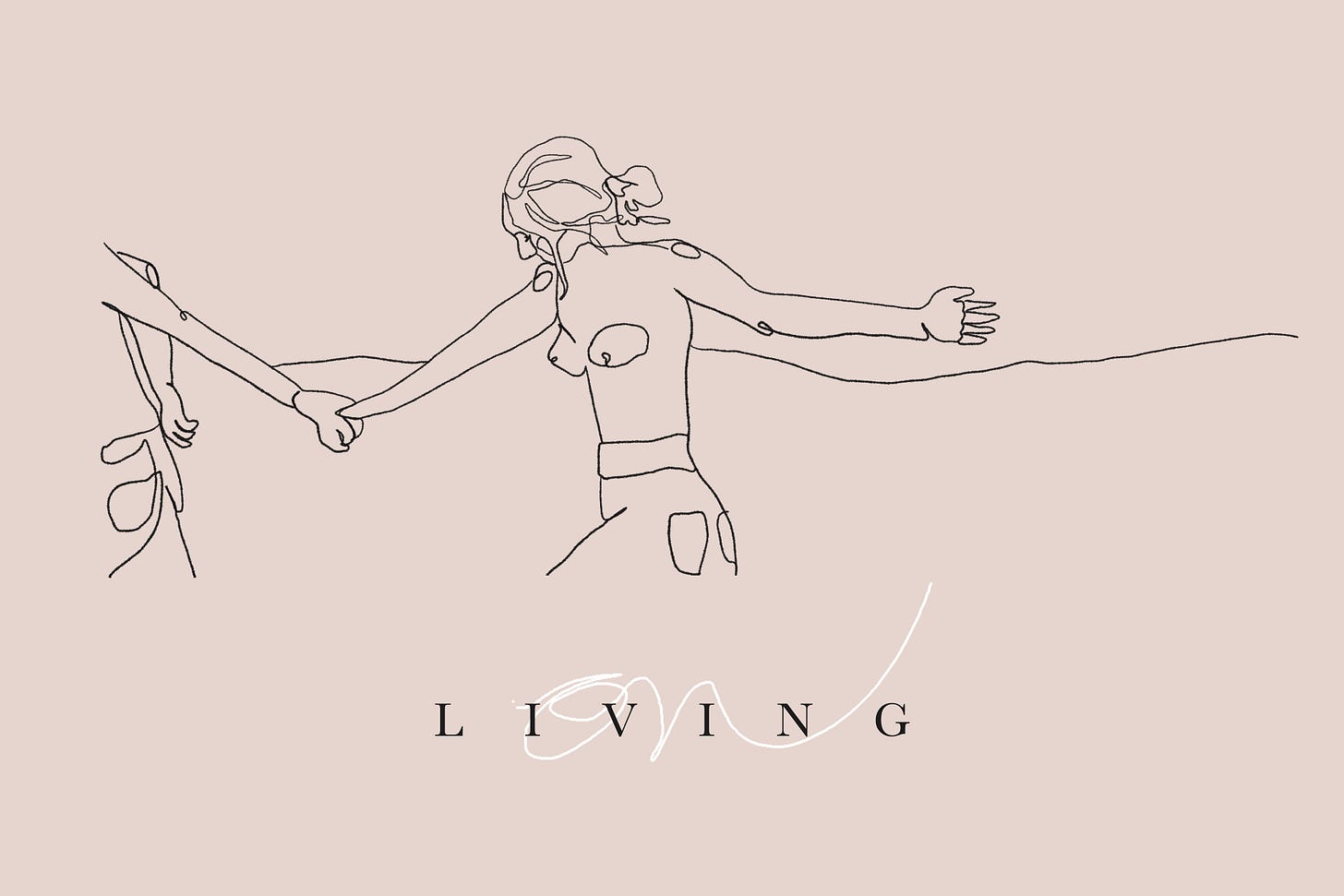The Between Space
On Living: Do I run or do I lock the door?
A bird died in our attic.
We went away for a week—to the South Carolina coast where the moss hangs from trees and the air tastes like salt and sun and what I always imagined as home. While we were gone my mother watched our dogs and our house, leaving the back door open to the lush marigolds and the fireflies, and without her knowing, the tiny songbirds.…



